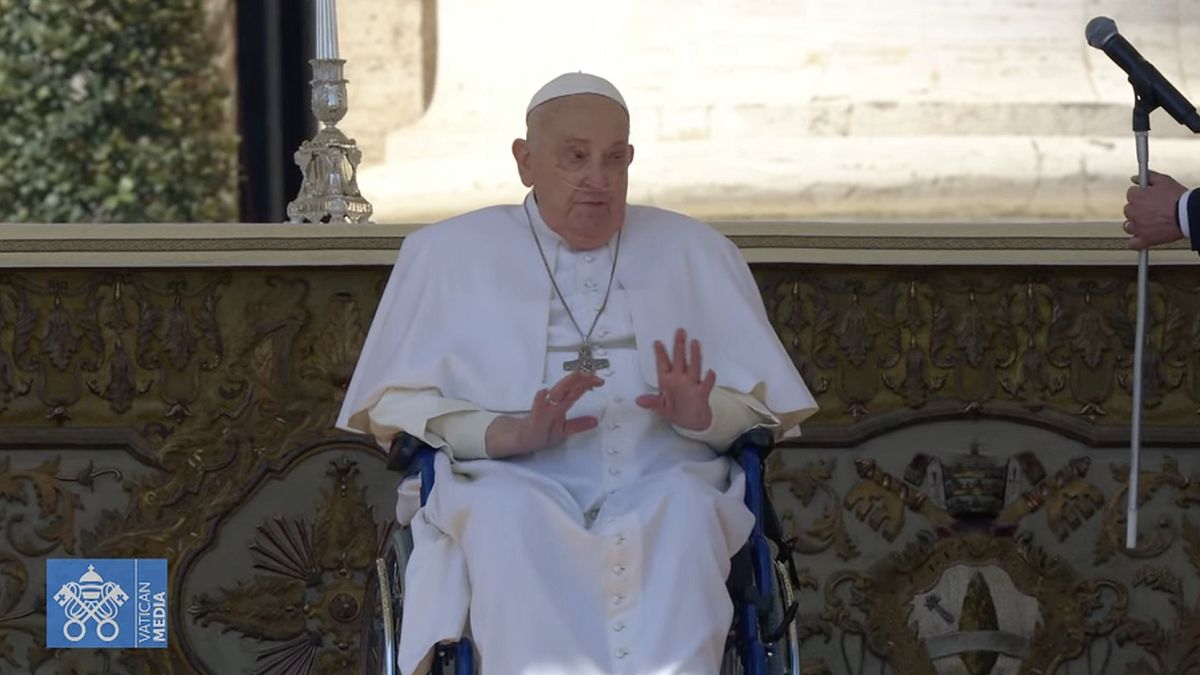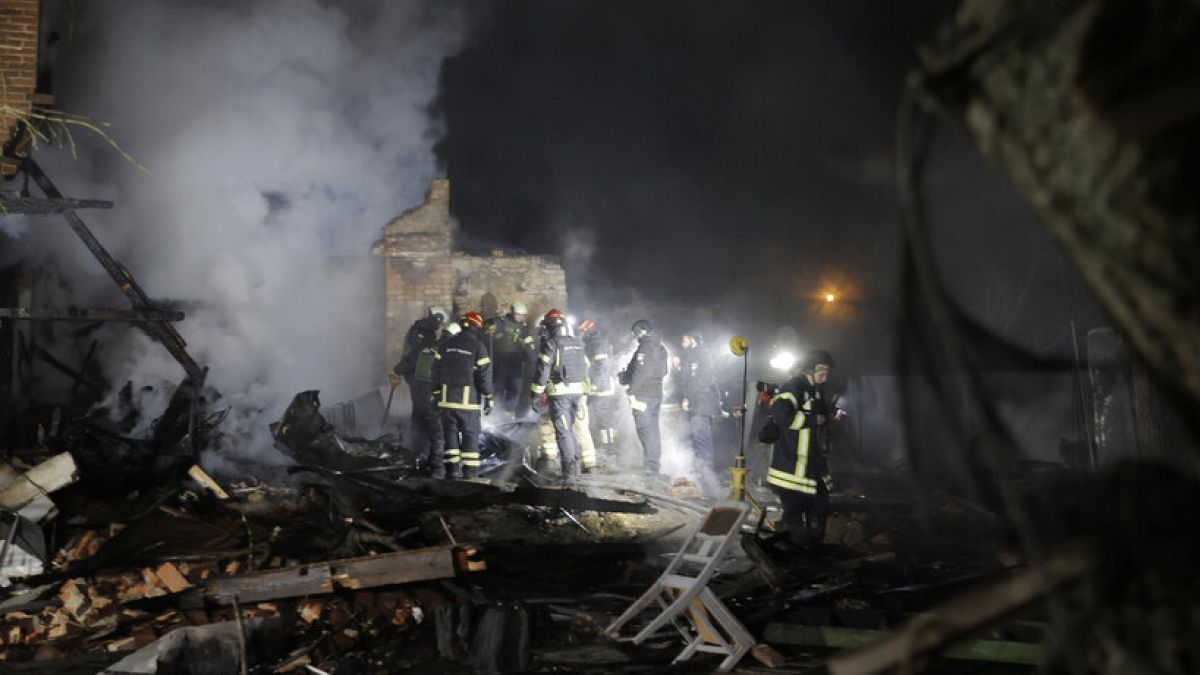In the midst of its coalition negotiations, the CDU/CSU has lost six percentage points.
The head of the Institute for New Social Answers (INSA) Hermann Binkert calls this a "loss of support that has never been seen before in the period between the Bundestag elections and the formation of a government".
According to the Sunday poll conducted by the Insa opinion research institute for the Bild newspaper, 24 per cent of voters surveyed would vote for the CDU/CSU and 24 per cent for the AfD.
For the AfD, this represents an increase of one percentage point compared to the last poll, marking its best result to date. By contrast, the CDU/CSU, led by the likely next Federal Chancellor Friedrich Merz, lost two percentage points.
The CDU and CSU secured victory in the Bundestag election on 23 February with 28.5 per cent of the second votes, while the AfD came second with 20.8 per cent.
Compared to the election, the CDU/CSU has lost a full 4.5 points.
The SPD, which is expected to be a coalition partner in the near future, remains unchanged at 16 per cent in the new Insa poll. As a result, the SPD would not have a majority in parliament on its own.
The Greens stand at 11 per cent (-1), as does the Left Party (+1). All other parties continue to fall short of the five per cent threshold.
A total of 1,206 people participated in the survey between 31 March and 4 April. According to Insa, the maximum statistical margin of error is 2.9 percentage points.
Meanwhile, according to German news website t-online, the Bundestag session scheduled for next week has been cancelled at the request of the CDU/CSU and SPD. A decision against which the foreseeable opposition parties Left, Greens and AfD are protesting.
Bundestag not convened next week as planned
The AfD interprets this move as an expression of fear, suggesting that the Union is worried about being overshadowed by the right-wing party. According to Bernd Baumann, Parliamentary Secretary of the AfD parliamentary group, the AfD plans to immediately present "all the demands that the CDU/CSU promised during the election campaign" in the Bundestag, as he explained in a video on the news platform X.
The Greens criticise this as "a hanging game, especially in these times," while the Left Party calls it an affront. They argue that there are enough important topics—such as Trump’s customs policy—that require dialogue: "During coalition negotiations, there should be political silence, and the opposition should not disturb—that is an absurdity."
The new Bundestag convened for its first session on 25 March. Prior to this, the old Bundestag had approved extensive debt for infrastructure and defence with the required two-thirds majority. In addition to the CDU/CSU and SPD, the Greens also voted in favour of the special fund.
In the new Bundestag, these parties would not have had the necessary majority to pass such a resolution.

 20 hours ago
4
20 hours ago
4






 We deliver critical software at unparalleled value and speed to help your business thrive
We deliver critical software at unparalleled value and speed to help your business thrive






 English (US) ·
English (US) ·